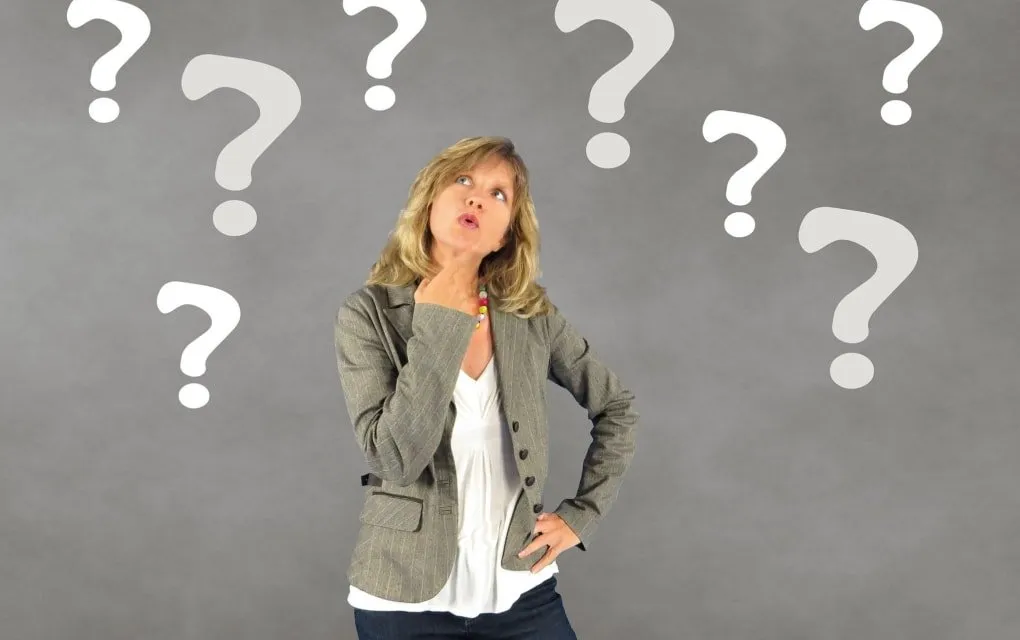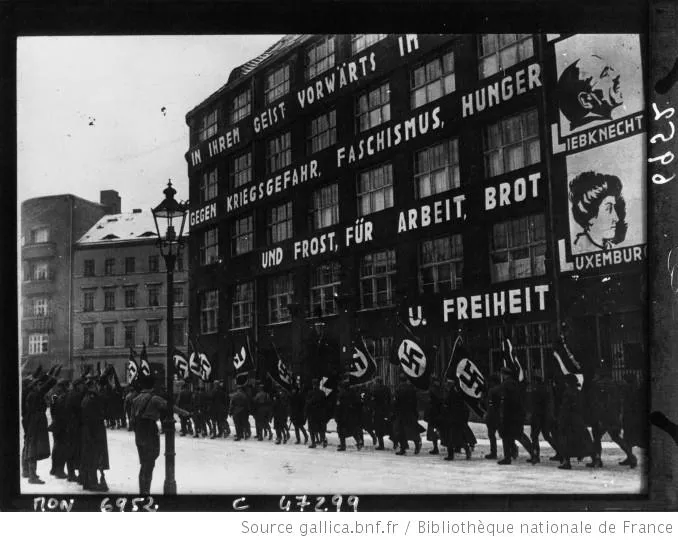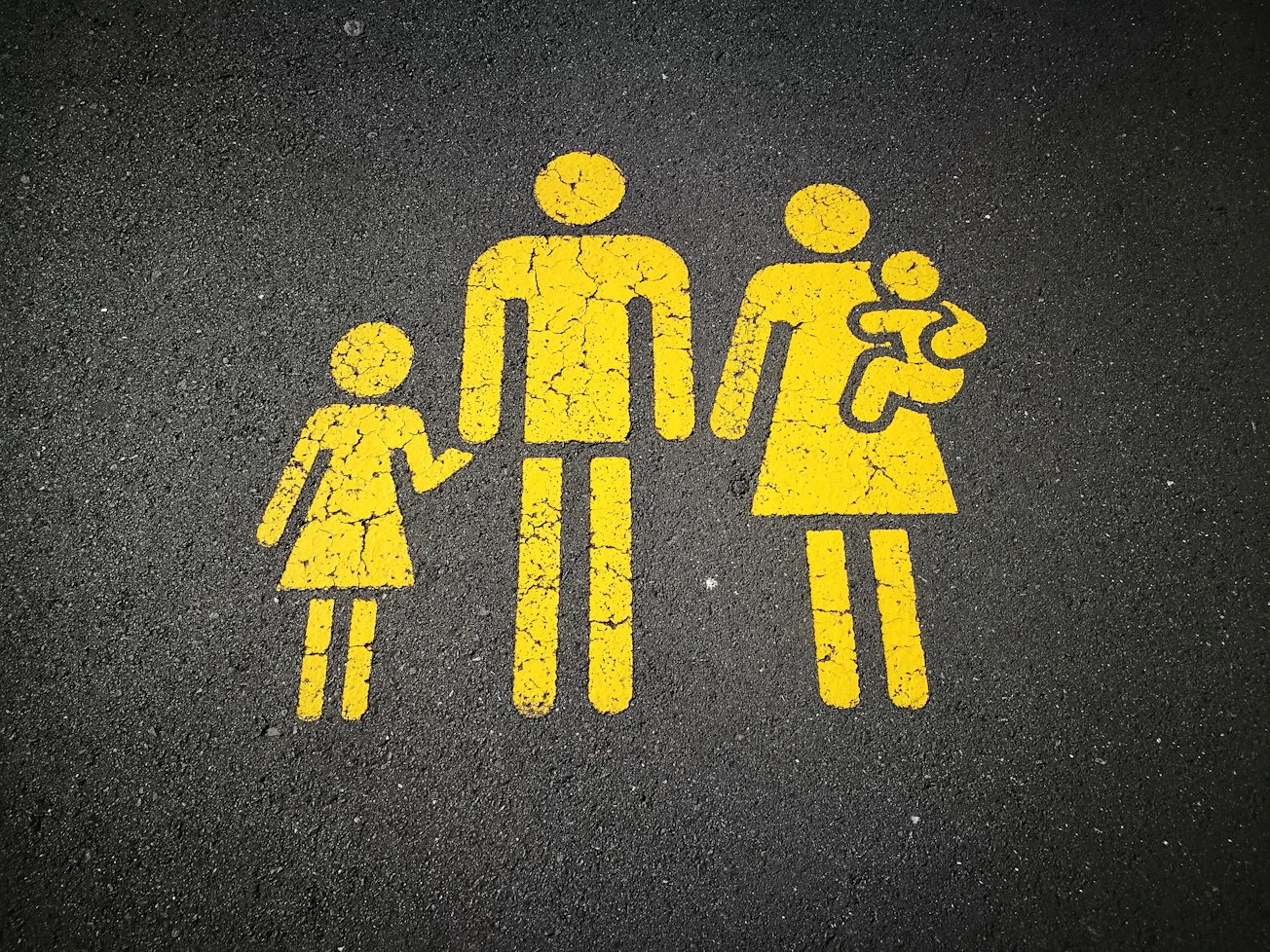MSNBC’s Ali Velshi supports President Joe Biden’s reelection. But he’s fine with Democratic primary voters who are casting “uncommitted” ballots to protest Biden’s support for Israel in its war with Hamas in Gaza.
“Sometimes very enthusiastic, very informed, Americans abstain from voting … to make a point,” the veteran TV journalist said on “Velshi,” his weekend show. Too, he said voting “uncommitted” in protest “against the shoo-in nominee in a primary is nothing new. It’s often an important and useful tool. It shows that you do care about democracy.”
Velshi also said voting “uncommitted” in a primary can be “a canary in the coal mine, a stark warning to the candidate that all is not well.” He hopes Biden is getting the message.
Yet he warned that protest voting “in a general election is dangerous and in 2024, it could be existentially dangerous.”
Many, if not most, people who are voting “uncommitted” in primaries are Palestinian Americans, other Muslims, and young progressives. They claim Israel is guilty of war crimes against innocent Palestinians in Gaza. They blame Biden for continuing to supply U.S. military aid to Israel and for not demanding a cease fire.
Writing in The Atlantic, Bruce Hoffman summarized Hamas’s goals as “The complete destruction of Israel as an essential condition for the liberation of Palestine and the establishment of a theocratic state based on Islamic law (Sharia), the need for both unrestrained and unceasing holy war (jihad) to attain the above objective, the deliberate disdain for, and dismissal of, any negotiated resolution or political settlement of Jewish and Muslim claims to the Holy Land, and the reinforcement of historical anti-Semitic tropes and calumnies married to sinister conspiracy theories.”
Israel declared war on Hamas, considered a terrorist organization by the U.S. government, after Hamas fighters launched a deadly surprise attack against Israeli border settlements last October. The attackers killed many Israelis and kidnapped others, most of whom are still being held.
Israel invaded Gaza to crush Hamas. But the fighting has also claimed the lives of thousands of Palestinian civilians and left much of Gaza in ruins. Many Gaza residents lack food, water and medical aid.
Lauren Hitt, a spokeswoman for the Biden campaign, told The New York Times that “the president believes making your voice heard and participating in our democracy is fundamental to who we are as Americans.” She said Biden wants the war to end and is “working tirelessly” toward “a just, lasting peace in the Middle East.”
Vice President Kamala Harris recently called for “an immediate cease-fire,” describing the conflict in Gaza as a “humanitarian catastrophe.”
Many Jews in Israel and America oppose the war in Gaza. Starting at 1 p.m. Saturday at Louisville’s Temple Shalom, former Congressman John Yarmuth will moderate “A Jewish Call to End the War.” Billed as a “panel discussion to feature prominent Jewish voices," the two-hour program is hosted by Jewish Louisvillians for Peace and features Rabbi Marisa Elana James, director of Social Justice Programming at New York's Congregation Beit Simchat Torah, University of Louisville Professor of Philosophy Avery Kolers, and U of L Associate Professor of Sociology Michal Kofman, who is an Israeli and a former Israel Defense Forces officer. (For more info, see this story on Forward Kentucky.)
Before voting in the Super Tuesday primaries started, Trump phoned “Fox and Friends,” and co-host Brian Kilmeade asked the former president “whether he was ‘on board’ with the way Israeli forces were handling the war in Gaza,” The Hill reported. Israel has “got to finish the problem,” Trump replied.
When he ran for president the first time, Trump called “for a total and complete shutdown of Muslims entering the United States until our country’s representatives can figure out what the hell is going on.”
Such “vitriolic anti-Muslim campaign rhetoric was a preview for an unprecedentedly Islamophobic administration,” concluded a report from the Brennan Center for Justice. “... Upon taking office, Trump quickly installed notorious Islamophobes — including Steve Bannon, Michael Flynn, and Sebastian Gorka — in the White House. Trump’s own blatantly anti-Muslim rhetoric has emboldened people to act on their prejudices, and hate crimes against Muslims have soared. In sum, Trump ... created the most Islamophobic administration our country has seen.”
While personal relations between Biden and far-right-wing Israeli Prime Minister Benjamin Netanyhu are strained, Netanyhu and Trump are close.
The choice between Biden and Trump represents “a binary choice between democracy and the expressway to autocracy.” He said Trump is “a candidate who incited an insurrection at the U.S. Capitol to remain in power after having lost the electoral vote, who has vowed to exact revenge on his political enemies, who is accused of having illegally taken and stowed sensitive and classified government documents in a bathroom, who was found liable for fraud and for sexually abusing a woman.”
He added, “… You have a candidate who faces 91 felony charges across four different criminal trials – one who has pledged to weaponize the justice department and local police departments to launch mass deportations, to ban migrants from certain Muslim countries, to abandon climate initiatives, to roll back protections for the LGBTQ+ community, to make abortion restrictions the law of the entire land, not just in some states.”
Velshi said Biden “has done none of that.” Yet he conceded that the president “is not a candidate without his flaws. He is not a candidate who is unworthy of your valid criticisms for decisions he’s made and policies he’s enacted. You can, and should, be angry with how he’s handled certain issues. I certainly am.”
Velshi didn’t name any policies, decisions or issues. Yet he obviously meant Biden’s stance on the Israel-Hamas war.
Refusing to vote for Biden or voting for Trump this fall to protest Biden’s policies is wrong, Velshi said. “In a true participatory democracy, especially in a democracy that is currently holding on by a thread, your vote is your voice. It is sacred, very hard won.”
He sees America at a divide in a road, with the left fork representing Biden, the right, Trump. “The road on the left might be a bumpy ride, the scenery might be ugly at times. But the road on the right is a dark tunnel headed straight for a dead end.”
--30--








